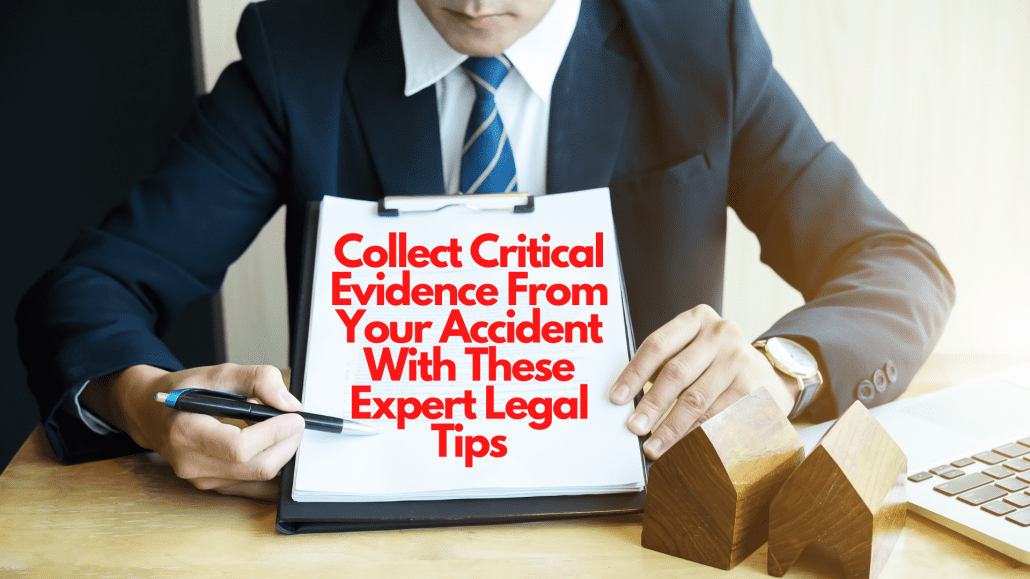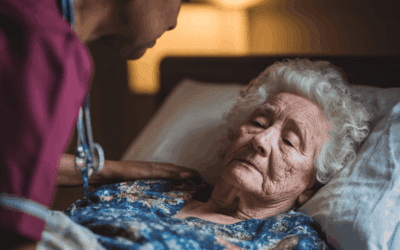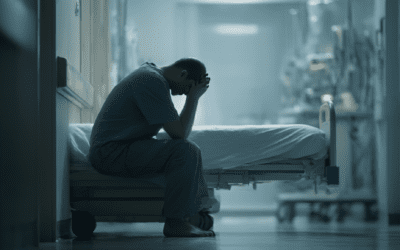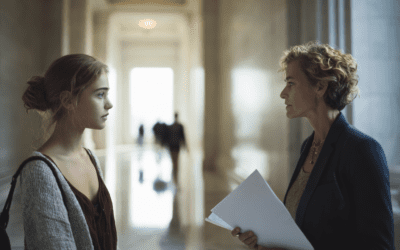It should come as no surprise that it’s vital to collect critical evidence from your accident, which helps improve your personal injury case. If you wait too long, your evidence is more likely to disappear, reducing your chances of getting fair compensation for your injuries.
In the aftermath of an accident, physical evidence is often crucial to determining fault. Negotiations and trials place a higher value on tangible objects than on testimony, which, in the best of situations, is notoriously unreliable and only gets less dependable over time. A properly documented and saved piece of physical evidence will not disappear, and it will provide objective evidence of the extent of the damage and can be used to establish fault.
In addition to the dented car door or broken bike frame, victims will also want to preserve a picture of the road conditions at the time of the accident. For more information and tips on collecting important evidence from your accident, continue reading below.

How Does Evidence Affect the Case?
Achieving the right result promptly after an accident hinges on how you collect critical evidence from your accident. In some cases, it can even prevent you from going to trial. You’re more likely to get a fair settlement before trial if the other party acknowledges you have a strong case. They may decide to roll the dice if they are not convinced you have built the evidence in your case to confuse the jury and pay you less than you deserve. You can collect critical evidence from your accident for your personal injury claim with these tips:
- Write Down What Occurred: Your memory might be clear after an injury. However, the details of something so meaningful can fade over time, even if you think you will never forget them. Moreover, you may find that an aspect you initially didn’t consider important is crucial. Whenever you can, jot down all the details that come to mind. Your attorney will use the details of this account to build a meaningful case.
- Journal Your Injuries: Keeping track of medical appointments and bills can be challenging after an injury. Your treatment plan and progress must be documented. Record your appointments, expenses, and pain levels in a journal. Be sure to keep a copy of every medical bill and benefit explanation. Don’t exaggerate your injuries or pain, but be forthcoming. You may need to keep this record to put together your case later.
- Don’t Wait: You lose evidence when you lose time. Even a short time from now, the accident scene may look very different. Often, parties may want to change things quickly to hide valuable evidence. There is the possibility of witnesses moving away or forgetting crucial information. There are even time limits for pursuing your injury loss claim.
For all of these reasons, you should start gathering evidence immediately. The more evidence you can collect immediately, the stronger your case will be. There is no such thing as too much evidence, and your attorney can explain how to gather the evidence necessary to support your claim.
Types of Evidence for Car Accident Claims
You will certainly want to seek compensation for injuries caused by negligence in a car accident. However, as a plaintiff, you are responsible for proving your case in a car accident case.
This means that you must prove all instances of negligence beyond a reasonable doubt. Therefore, you must prove that the at-fault party injured you because of their negligence rather than an underlying condition during the crash. Want to collect critical evidence from your accident effectively? Take note of the following types of evidence needed for your car accident claim:
- Photos and Videos: The most important evidence for car accident claims is surveillance video and photographs of the accident scene. Using photos or videos will help you illustrate multiple details of the crash, like what caused the accident, who was to blame, the road conditions, who was involved, etc. Therefore, you should take as many pictures of the accident as possible when it occurs. You should try to take photos and videos of virtually everything, from the state of the road and nearby traffic signs to vehicle damage and your injuries. Photos and videos, along with other types of evidence, will be crucial in your efforts to prove that the other driver breached their duty of care.
- Medical Records and Payment Statements: Medical records are vital When proving your car accident case. In any case, you must seek medical attention immediately following an accident, whether you have visible injuries or not. Be sure to record all the information associated with your medical appointments. Among these will be details about how you were treated, who you saw, and how much you paid (if any, costs). Your medical records must also be provided to you upon completion of treatment. Diagnostic images such as MRIs and X-rays should be included. Also, gather all medical bills from every healthcare provider and receipts for medicines. The right medical records will show the extent of your injuries and the associated medical costs, thus justifying your settlement request and proving your losses.
- Witnesses and/or Driver Statements: In a car accident claim, witness statements are usually the most reliable evidence. These images serve the same purpose as photos in clarifying who is at fault. Therefore, you must obtain all witnesses’ names and contact information if you can do so. A witness can provide valuable details about what occurred before and after the accident, revealing how the other driver contributed to it. An experienced Florida car accident attorney may also be able to locate expert witnesses if necessary. These individuals often play a critical role in proving the legitimacy of your injury lawsuit by reconstructing the accident.
- Police Reports and Other Official Reports: Immediately following a car accident, you should call the police. The law in Florida still requires you to report an auto accident, even if no one shows up, particularly if people are injured, or property is damaged. Police reports must be acquired whether you file the report yourself or if they are called to the accident scene. Even though police reports may not be admissible in court (because of hearsay laws), they may be pertinent during a settlement negotiation. Moreover, it contains important information about witnesses and the officer’s conclusions regarding traffic violations, speeds, roads, etc. All of these can be useful in proving fault.
- Surveillance Footage: Traffic cameras can be installed in nearby buildings, stores, gas stations, and offices. When you know exactly where the accident that caused your injuries took place, you may be able to obtain surveillance footage to prove the other party was at fault. You should also remember that this type of evidence must be obtained legally; a reputable Florida car accident attorney will be able to assist you.
- Vehicle Debris and Wreckage: Examining wreckage can establish various facts, such as the speed and direction of the oncoming vehicle(s). Shredded tires or broken brake lines may indicate the manufacturer is at fault. Ensure all wreckage and debris are secured, and hire an experienced car accident attorney to evaluate the evidence.
How a Car Accident Attorney Can Collect Critical Evidence From Your Accident
The best way to ensure you can collect critical evidence from your accident is to hire an experienced car accident lawyer. With the help of a skilled attorney, evidence that would have otherwise been lost quickly can be preserved and documented using procedures that require extensive knowledge and expertise.
An attorney may use the following strategies to preserve evidence in an injury case:
- Recover Surveillance Footage. As mentioned earlier, surveillance footage must be obtained legally. Your attorney may be able to request and recover any footage from a surveillance camera before it is erased.
- Open Records Act. Under the Open Records Act, any intersection with traffic cameras can provide footage to accident victims. You can focus on healing while your lawyer negotiates the red tape to recover the footage.
- Send an Anti-Spoliation Letter: Evidence damaged during a personal injury case needs to remain intact. An attorney can write a letter of anti-spoliation ordering the object in question to be preserved. A letter such as this should be hand-delivered or sent in a way that provides proof of delivery.
Contact Calandro Law in Riverview, Florida
Whether you have suffered due to another’s negligence or need help gathering evidence and demanding fair compensation, Calandro Law can assist. As experts, you can rely on us on how to collect critical evidence from your accident. Our lawyers will do whatever it takes to find out what happened to cause your injuries. Contact us here to schedule a free case evaluation.



